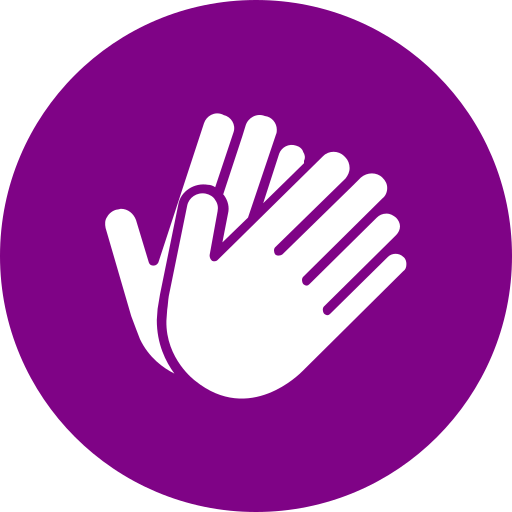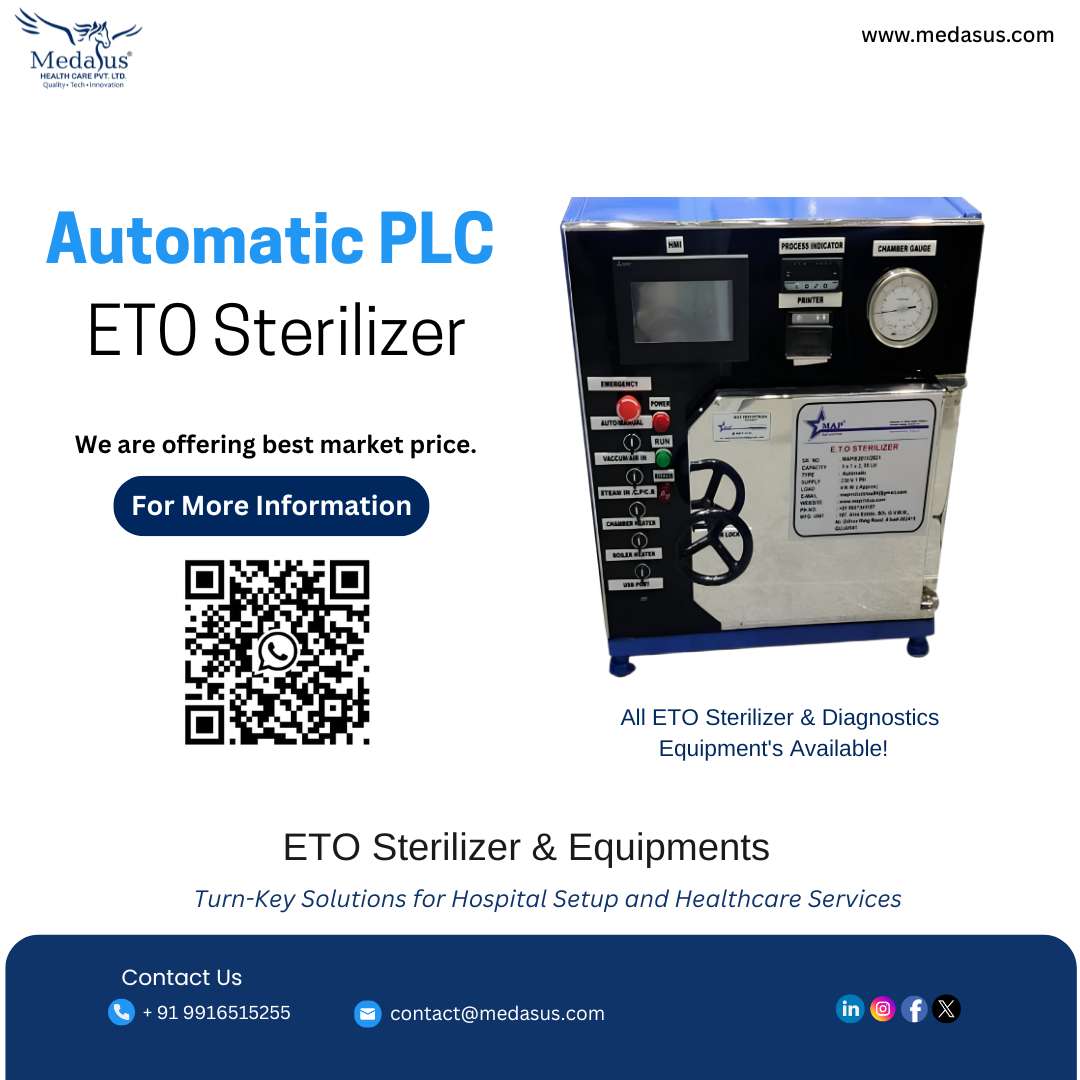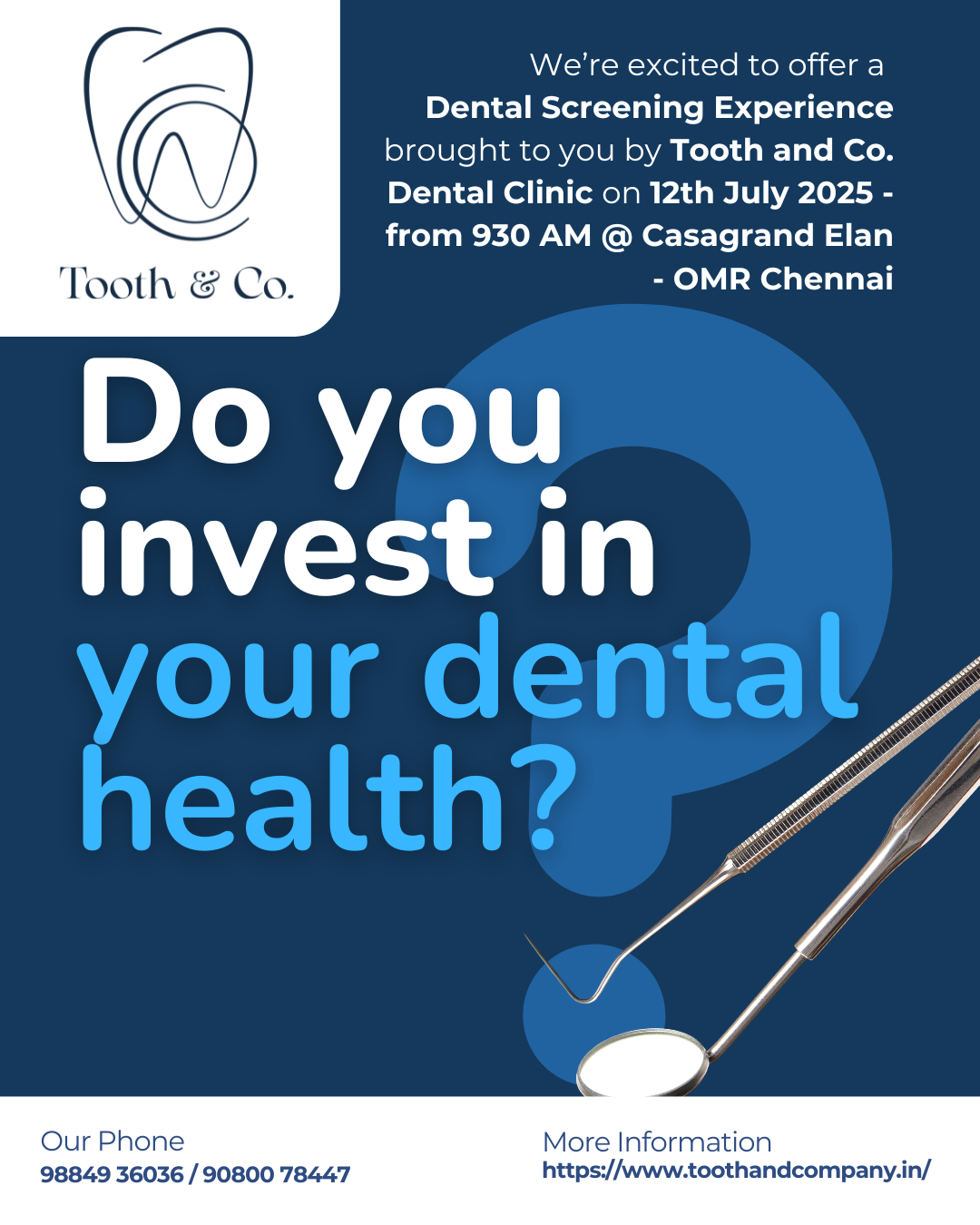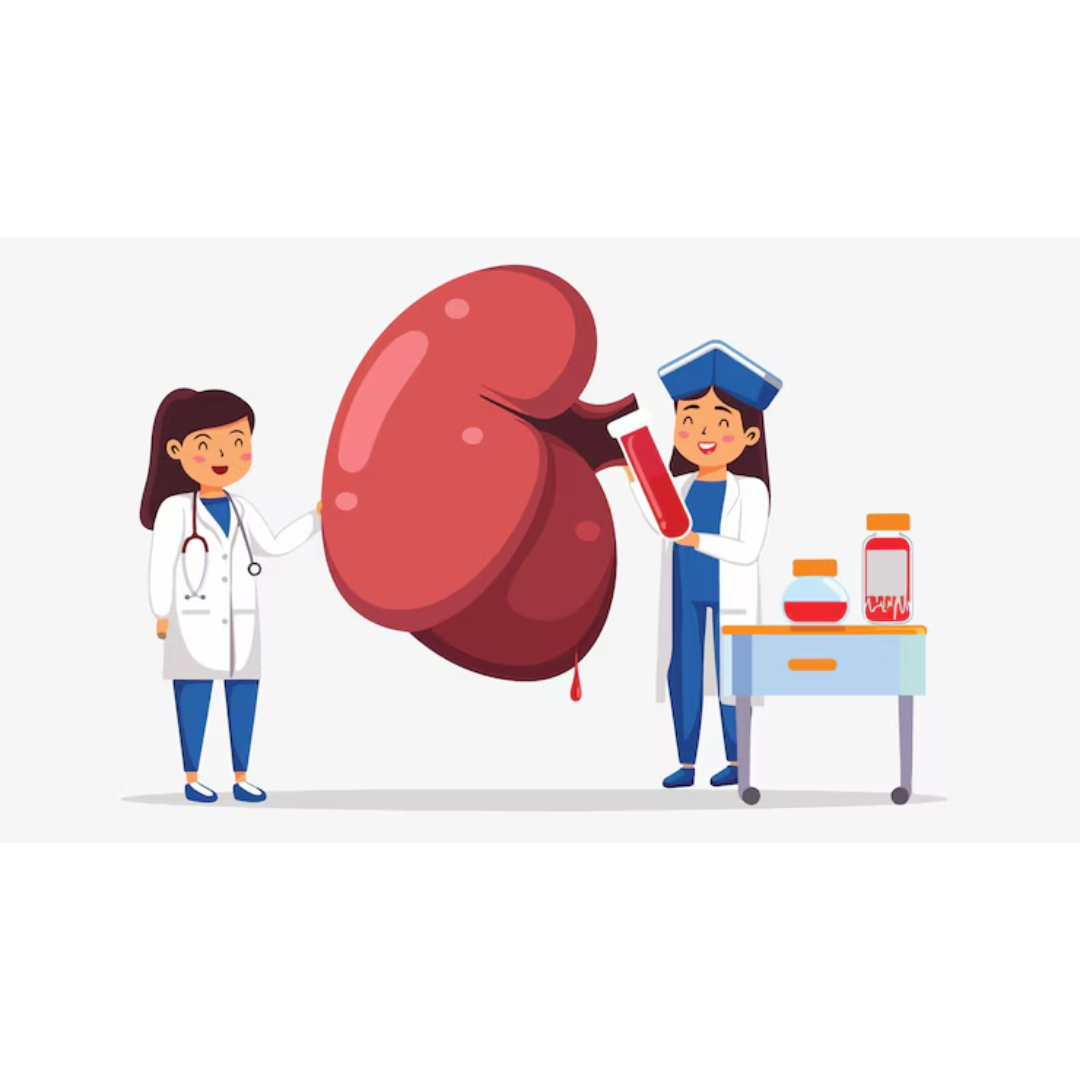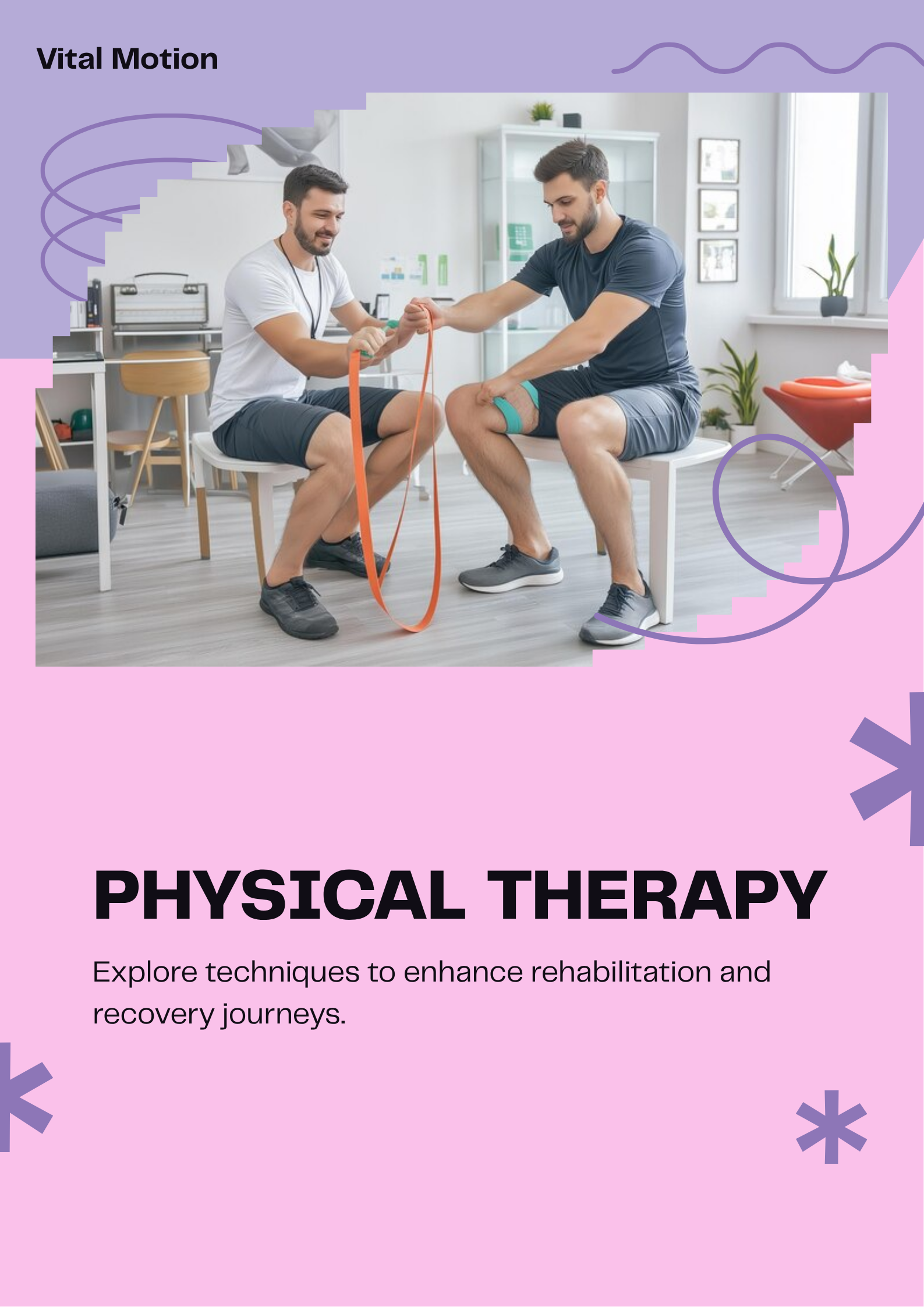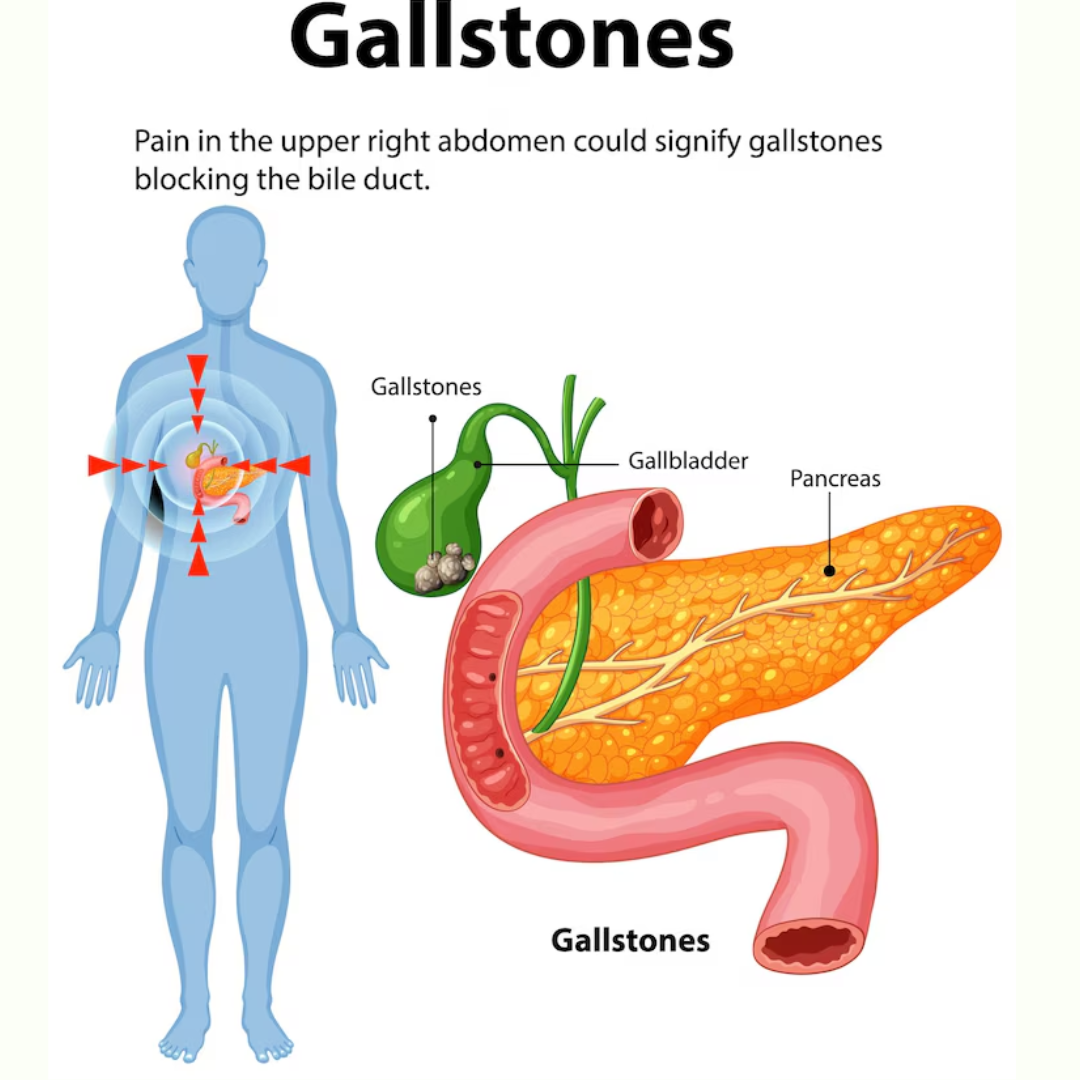Automatic PLC ETO Sterilizer
Ensuring Safe, Reliable & Hassle-Free Sterilization for Healthcare Professionals
At Medasus Healthcare Pvt Ltd, we bring you the Automatic PLC ETO Sterilizer – engineered for precision, efficiency, and infection control.
🔹 PLC-Based Automation – ensures consistent and accurate sterilization every cycle
🔹 Safe & User-Friendly Design – built with advanced controls for smooth operation
🔹 Wide Application – perfect for hospitals, laboratories, surgical centers & clinics
🔹 Low Maintenance & Cost-Effective – reliable sterilization with reduced downtime
By combining latest technology with practical design, this sterilizer safeguards patient safety while reducing operational challenges for medical staff.
💡 Because in healthcare, every detail matters when it comes to infection prevention.
📍 Contact Medasus Healthcare Pvt Ltd for product details and demonstrations.
📞 Contact us today for technical details and quotations.
📞 Enquire Today: +91-9916515255
🌐 www.medasushealthcare.com
Medasus Healthcare
#ETOSterilizer #HospitalEquipment #infectioncontrol #HealthcareSolutions #sterilization #medasushealthcare
Ensuring Safe, Reliable & Hassle-Free Sterilization for Healthcare Professionals
At Medasus Healthcare Pvt Ltd, we bring you the Automatic PLC ETO Sterilizer – engineered for precision, efficiency, and infection control.
🔹 PLC-Based Automation – ensures consistent and accurate sterilization every cycle
🔹 Safe & User-Friendly Design – built with advanced controls for smooth operation
🔹 Wide Application – perfect for hospitals, laboratories, surgical centers & clinics
🔹 Low Maintenance & Cost-Effective – reliable sterilization with reduced downtime
By combining latest technology with practical design, this sterilizer safeguards patient safety while reducing operational challenges for medical staff.
💡 Because in healthcare, every detail matters when it comes to infection prevention.
📍 Contact Medasus Healthcare Pvt Ltd for product details and demonstrations.
📞 Contact us today for technical details and quotations.
📞 Enquire Today: +91-9916515255
🌐 www.medasushealthcare.com
Medasus Healthcare
#ETOSterilizer #HospitalEquipment #infectioncontrol #HealthcareSolutions #sterilization #medasushealthcare
Automatic PLC ETO Sterilizer
Ensuring Safe, Reliable & Hassle-Free Sterilization for Healthcare Professionals
At Medasus Healthcare Pvt Ltd, we bring you the Automatic PLC ETO Sterilizer – engineered for precision, efficiency, and infection control.
🔹 PLC-Based Automation – ensures consistent and accurate sterilization every cycle
🔹 Safe & User-Friendly Design – built with advanced controls for smooth operation
🔹 Wide Application – perfect for hospitals, laboratories, surgical centers & clinics
🔹 Low Maintenance & Cost-Effective – reliable sterilization with reduced downtime
By combining latest technology with practical design, this sterilizer safeguards patient safety while reducing operational challenges for medical staff.
💡 Because in healthcare, every detail matters when it comes to infection prevention.
📍 Contact Medasus Healthcare Pvt Ltd for product details and demonstrations.
📞 Contact us today for technical details and quotations.
📞 Enquire Today: +91-9916515255
🌐 www.medasushealthcare.com
Medasus Healthcare
#ETOSterilizer #HospitalEquipment #infectioncontrol #HealthcareSolutions #sterilization #medasushealthcare

